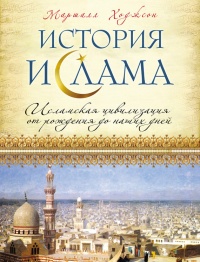Книга Краткая история исмаилизма. Традиции мусульманской общины - Фархад Дафтари
Читать книгу Краткая история исмаилизма. Традиции мусульманской общины - Фархад Дафтари полностью.
Шрифт:
-
+
Интервал:
-
+
Закладка:
Сделать
Перейти на страницу:
Перейти на страницу:
Книги схожие с книгой «Краткая история исмаилизма. Традиции мусульманской общины - Фархад Дафтари» от автора - Фархад Дафтари:
Комментарии и отзывы (0) к книге "Краткая история исмаилизма. Традиции мусульманской общины - Фархад Дафтари"








